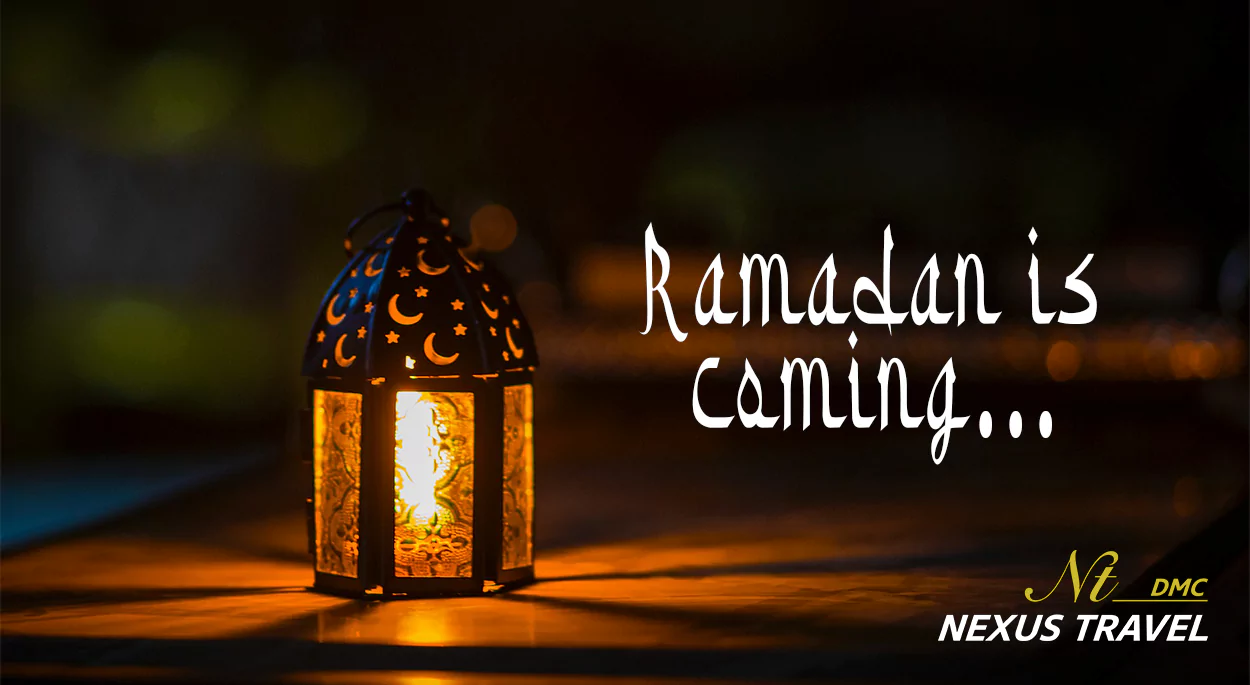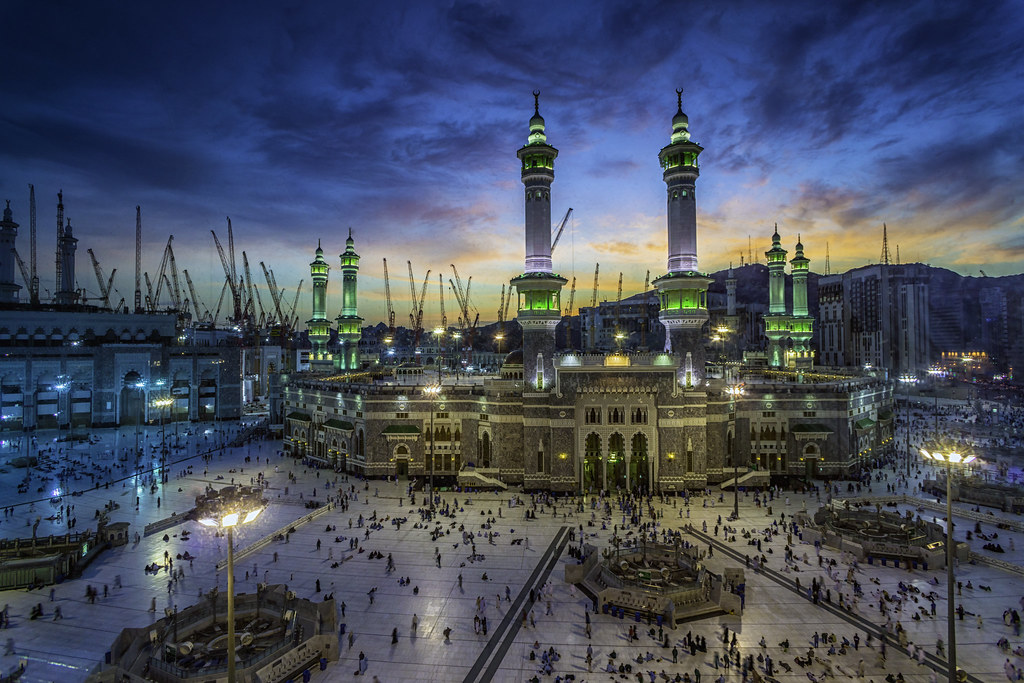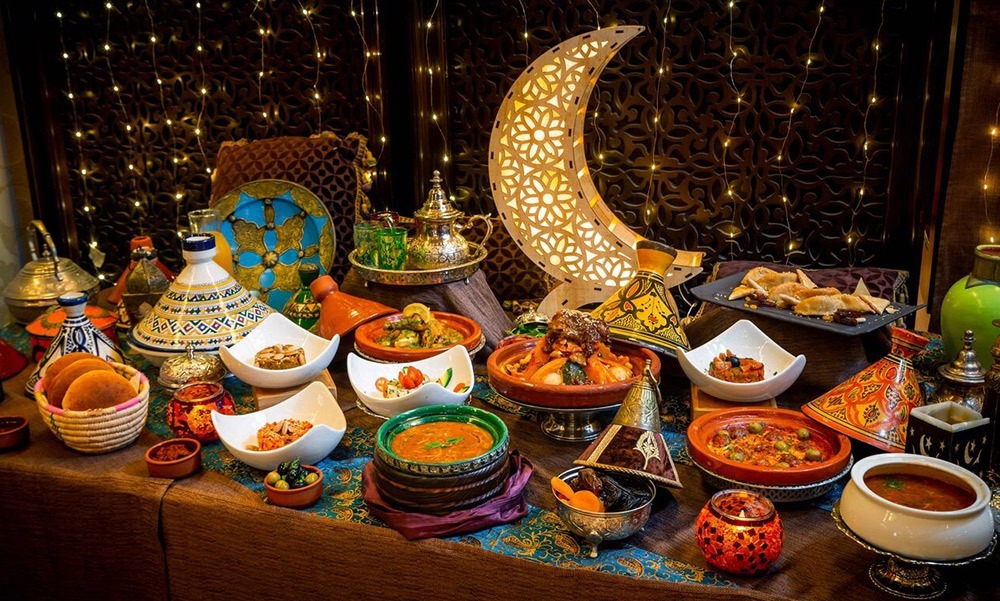
Month of Ramadan are considered to be of great importance in Islamic tradition and culture, and have a special importance in comparison to the other months. Ramadan, the ninth month of the Muslim calendar, is one of the most sacred times for Muslims. It is the month in which it is believed that the Holy Qur’an was sent down from heaven "as a guidance for men and women, a declaration of direction, and a means of salvation."
What and When is Ramadan?
The holy month of Ramadan is the 9th month in the Islamic lunar calendar. It is a month of fasting, worship, service, communal gathering, and spiritual development. Fasting in Ramadan is one of the Five Pillars of Islam. Since there are 12 lunar months superimposed over 12 solar months, Ramadan “moves back” about 11 days per solar year. In 2024, the first day of fasting is expected to be March 11, though given differing interpretive schools among Muslim communities, some may declare the month to begin a day before or after the predicted date. Likewise, the holiday commemorating the end of fasting, most often called Eid al-Fitr in the US, may fall on different days according to varying family, cultural, or interpretive preferences.
The Eid holiday that marks the end of fasting is expected around April 9 (dates may vary). It consists of a congregational prayer in the morning followed by visiting family and friends. The full day of Eid is a holiday, not just the morning prayers, and many will choose to take the day off. As such, it is an excused absence per the Academic Coursework and Religious Observance Policy. Others may prefer to return to school or work and take exams on Eid. In some cultures, the two days after Eid are also counted as part of the holiday.

During this month, Muslims observe a strict fast from dawn until sunset. They are not allowed to eat or drink (even water) during daylight hours. Fasting is a private act of worship bringing about nearness to God, as well as a form of spiritual discipline and a means to empathize with those less fortunate. The fast is broken at the end of the day with prayer and a festive meal called an iftar. It is customary to visit family and friends following the iftar.
During Ramadan, many Muslims go to the mosque and spend several hours praying. In addition to the five daily prayers that are part of the core of Islam, Muslims recite a special prayer called the Tarawih prayer (night prayer). On the evening of the 27th day of Ramadan, Muslims observe a special night called Layat Al-Qadr, sometimes referred to as the Night of Power. It is believed that Muhammad first received the Holy Qur'an on this night. At the end of Ramadan, Eid al-Fitr celebrates the breaking of the fast. Friends and families gather for festive meals and exchange gifts. Special gifts are also given to the poor.

Ramadan is the month in which the Quran was revealed as a guide for humanity with clear proofs of guidance and the standard ˹to distinguish between right and wrong. So, whoever is present this month, let them fast. But whoever is ill or on a journey, then ˹let them fast˺ an equal number of days ˹after Ramaḍân˺. Allah intends ease for you, not hardship, so that you may complete the prescribed period and proclaim the greatness of Allah for guiding you, and perhaps you will be grateful.
Conclusion: Ramadan is the time where we spend the most time with family and working on being a better Muslim. During Ramadan, families eat together every evening and spend quality time together which is something we are not privileged to do on a daily basis. …. Fasting affects how we function throughout the day and how we interact with our peers. We devote a lot of our time to better our mental health, our connection with Allah and develop healthy habits that will stick with us even after Ramadan.